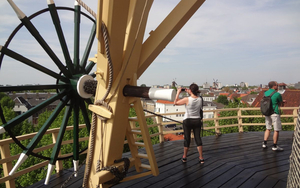A month of music and arts marks the centenary of the Russian Revolution
THIS month marks 100 years since the Russian Revolution, when Lenin and his working class heroes toppled the Tsarist tyrants and a new world order was born. At least, that’s how it was portrayed by the Communist rulers who followed, no strangers to tyranny themselves.
A century on, it’s fascinating to see how all the bloody turmoil and social transformation are mirrored by film, theatre, music, the visual arts and literature under the yoke of state censorship.
Manchester, which recently welcomed a stature of Friedrich Engels outside its arts powerhouse HOME, is exploring the legacy of those '10 Days That Shook The World’ in a season of events and exhibitions both at HOME and at Chethams, in whose library Engels and Karl Marx studied together, resulting in the 1848 Communist Manifesto.
Chets’ award-winning new concert venue, The Stoller Hall, opens its Russian October festival on Tuesday 3 October with composer, broadcaster and teacher Gerard McBurney, using film and audio to place the Revolution and its culture into context. He’s followed by performers from the Royal Academy of Music, pianists Simon Callaghan, Murray McLachlan and players from the Glinka School of Music in Yekaterinburg; who present a day of music by Rachmaninov, Tchaikovsky, Shostakovich and their comrades.
On Sunday 8 October, Chetham’s pianists present a marathon performance of the complete Shostakovich Preludes and Fugues; while, the same evening, pianist Neil Brand plays a live improvised accompaniment to Eisenstein’s Battleship Potemkin, bringing to life the tensions and excitement of this silent film masterpiece.
On Tuesday 10 October, in collaboration with Manchester Literature Festival, stage and screen star Timothy West joins singers from RNCM for an evening of Russian poetry, prose and song, featuring music by Tchaikovsky, Rachmaninov and Prokofiev - as well as Shostakovich and his friend Benjamin Britten, plus poetry by writers including Aleksandr Pushkin and Alexey Tolstoy. Next up are Berlin’s Kuss Quartet, bringing Chetham’s Shostakovich string quartet cycle to a resounding close.
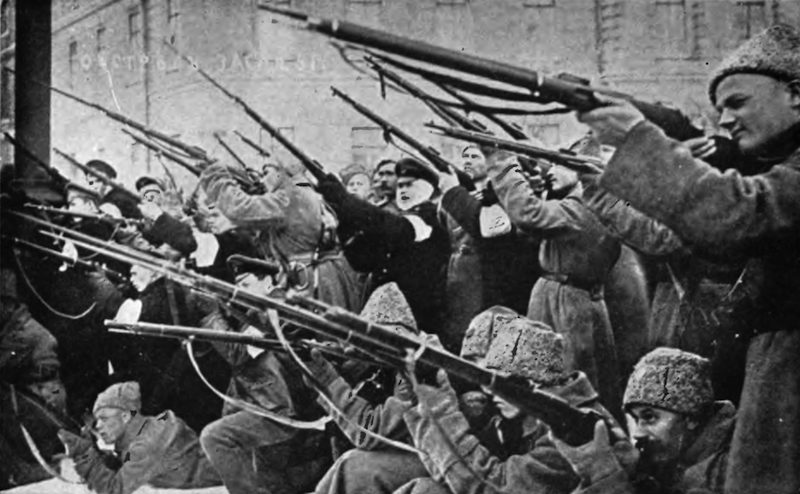
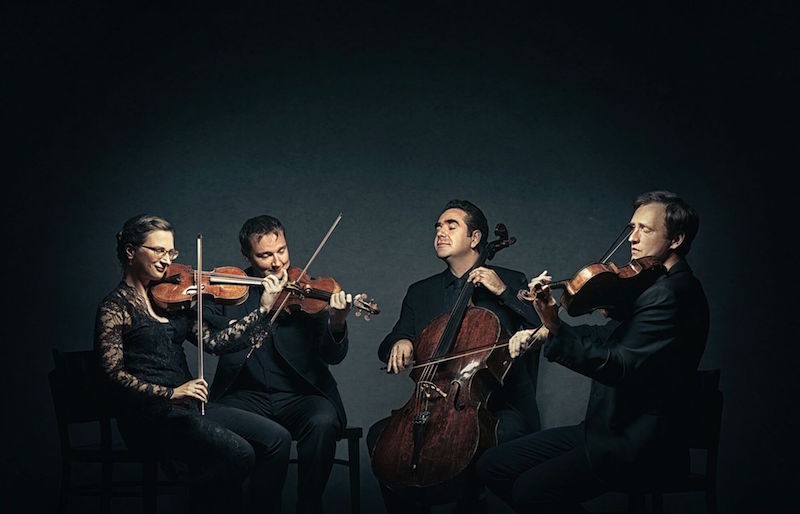
The action moves briefly to The Bridgewater Hall on Friday 20 October, as Chetham’s Symphony Orchestra perform a programme starting with Tchaikovsky’s 1812 Overture and concluding with Shostakovich’s Symphony No. 12: The Year 1917.
Finally on Saturday 21 October it’s Rachmaninov’s Vespers by St George’s Singers and Nikolai Erdman’s dark comedy The Suicide, performed by actors from Manchester School of Theatre, starting its run at HOME as part of its parallel season, A Revolution Betrayed?, before moving to the Stoller Hall on Wednesday 8 November with music composed and performed by Chetham’s student Tammas Slater. Proceedings conclude in a suitably Russian Closing Party with bread, beer and borscht.
Over at HOME, A Revolution Betrayed? takes on the transformation from a short-lived surge of post-revolutionary optimism and passion for artistic experimentation to an era of disillusionment, then on to the thriving contemporary cultural scene that exists in Russia today.
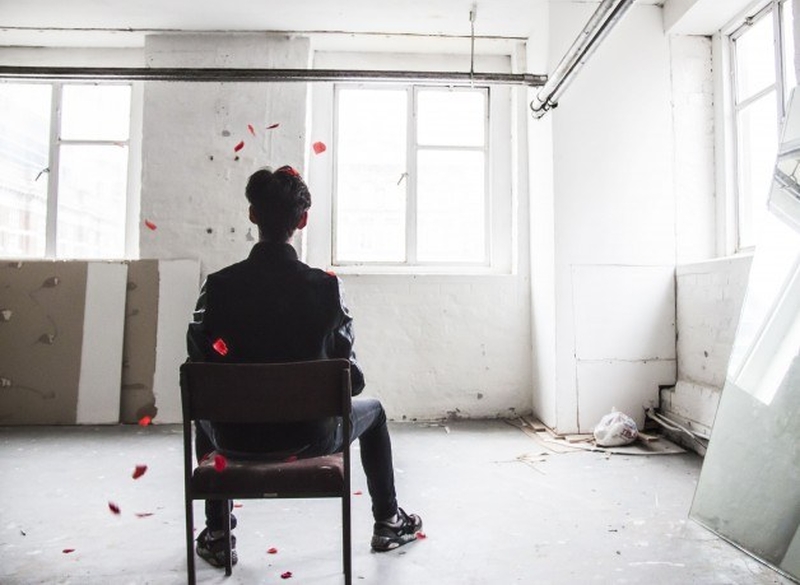
The film section features October (Ten Days That Shook The World), Happiness, Tsar to Lenin, The Overcoat, The End of St Petersburg and propaganda masterpieces Chapayev.
Theatre includes Nikolai Erdman’s The Suicide, Chekhov’s Uncle Vanya and Underground (from Dostoevsky).
Back to the Engels link, doyen of Blue Badge guides and Man Con Editor-at-Large Jonathan Schofield is leading a two-hour Engels Tour By Night (or How To Grow A World Ideology Nocturnally) on Tuesday 28 November, the great man’s 197th birthday. It visits the statue, of course, and the sites associated with Engels’ two decades living in Manchester, then allows after-hours access to HOME’s group exhibition The Return of Memory, (from October 21) exploring how contemporary artists are responding to the state of the ‘New East’ today.
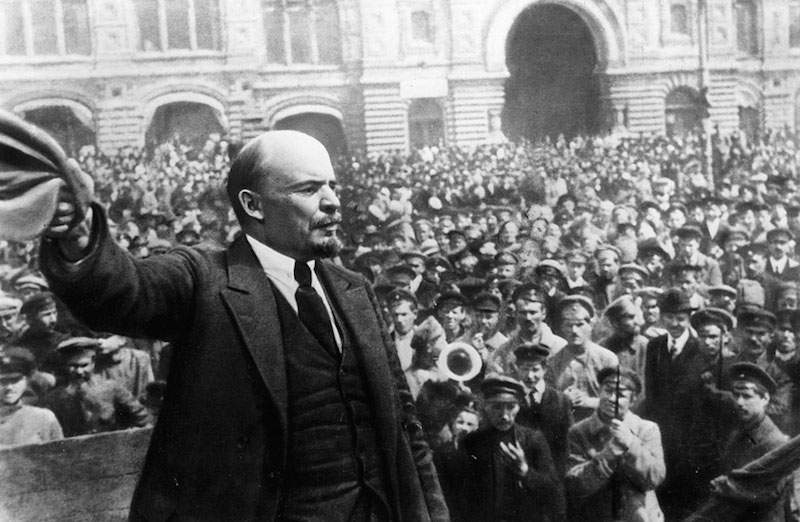
Main image: Jo Fildes














